BRICS, emerging economic powers, in a nutshell
The BRICS group of emerging economic powers is an alliance which was initially formed in 2006 by Russia, China, India, and, Brazil, and was joined four years later by South Africa.
Representing 40% of the world's population and a quarter of the global economy, the member nations have gone on a quest for a multipolar world order in which no single power dominates.
Over the past few years, BRICS has been challenging some of the key elements of US unilateralism. More recently the members had been mulling over expansion, something that would contribute to its efforts to emerge as a counterweight to Western coalitions such as the G7.
During this year's summit, the member nations took some effective steps to achieve that goal by taking in Iran and Saudi Arabia, two of the world's largest oil producers, along with some other states as new members.
The acronym was originally BRIC, the initial letters of the names of Brazil, Russia, India and China. It was coined in 2001 by Jim O'Neill, a Goldman Sachs Analyst who wrote a paper on emerging economies.
Jim O'Neill said back then, that the group had a GDP growth which would exceed that of G7 countries.
That notion really came to life in 2006 when the quartet formed an informal group of allies to contribute to the world economy and play a greater role in the global market, which was then dominated by the US. In 2010, South Africa also joined and the acronym became BRICS.
The group has set as its goal reshaping the world's political economic landscape. To achieve that agenda It has several different institutions such as the Business Council, the Contingent Reserve Arrangement (CRA), which provides short term liquidity support, and the New Development Bank, which supports development projects in BRICS and is envisioned as an alternative to the Washington based World Bank.
The G7 consisting of the US, Canada, the UK, Germany, France, Italy and Japan, used to hold sway over the global economy and its management. But the rise of BRICS, and the rapid economic development of its member nations, is well on the way to shattering that dominance.
The five BRICS nations managed to surpass the G7 in terms of their combined GDP in 2020. The International Monetary Fund, the IMF, says the alliance will altogether account for 32% of global GDP in 2023, up from a mere 16.9% in 1995, and more than the G7's share of %29.9.
BRICS accounts for 41% of the world's population with over 32% of global Gross Domestic Product, and, 60% of global trade.
Observers believe the group's formidable standing on the world's economic stage gives it a lot of bargaining power if the member nations act together, something they appear to be doing increasingly.
In the meantime, there's been growing interest in joining the bloc, which is already a major territorial and demographic bloc.
At this year's summit, the BRICS members enlarged the family. The block agreed to admit Iran, Saudi Arabia, Ethiopia, Egypt, Argentina and the United Arab Emirates.
Iran, which also possesses the world's second largest gas reserves, had announced in June that it might join BRICS as part of Tehran's efforts to strengthen economic and political ties with non western allied countries and neighbors.
As many as 40 states are said to be seeking accession to the group.
If BRICS accepts other states, such as Cuba and Venezuela alongside Iran, it will likely strengthen its anti US position, especially at a juncture in time where it has been pushing ahead with a campaign to rid the world of the US sanctions tool which it has wielded against other countries for far too long..
There are, however, disagreements among member nations on how to expand the block and how to proceed. It now remains to be seen what course of action will be taken to fulfill the dream of a multipolar world with a diverse economy.

EU youth mental health crisis
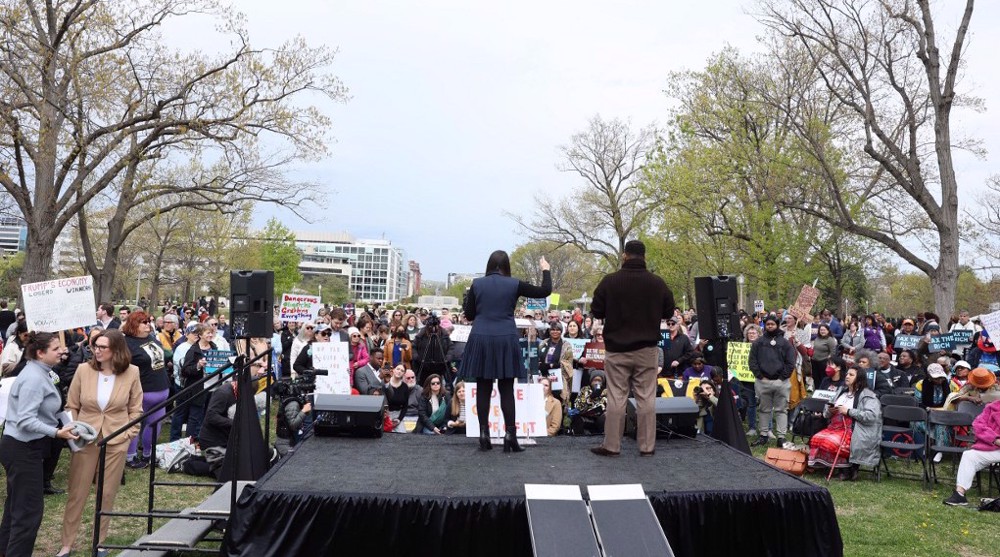
Trump policy protest erupts outside US Congress
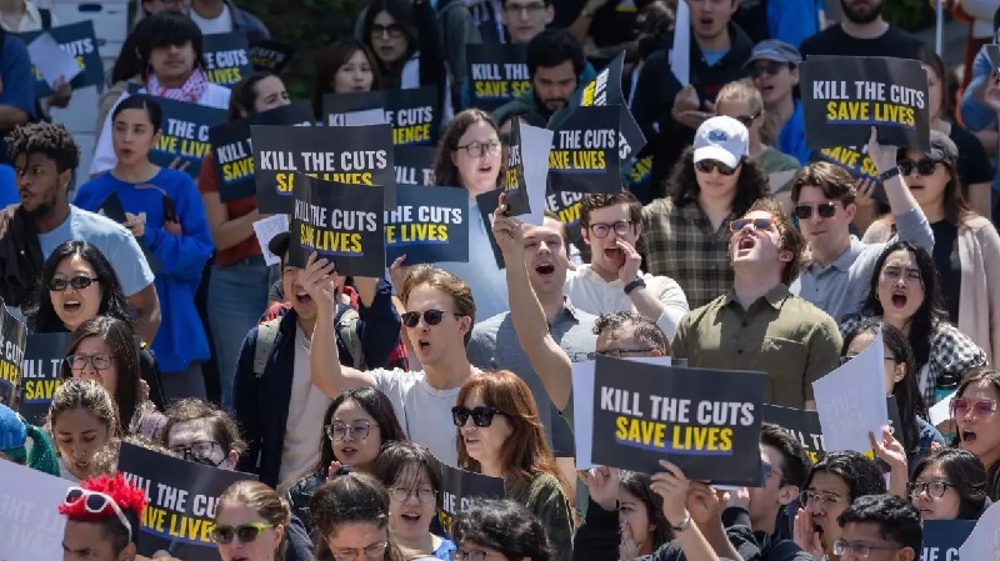
Trump decimates US healthcare
Hamas releases video showing Israeli-American captive alive
VIDEO | Iran marks National Nuclear Tech Day with new products
VIDEO | How Microsoft fuels Gaza genocide and silences employees who speak out
Israeli forces detain Palestine TV crew in West Bank’s Jenin, seize equipment
EU says Israel must lift devastating aid blockade on Gaza, resume ceasefire
Iran starts issuing debit cards for foreign visitors
‘Constructive, promising’: Araghchi says Iran, US closer to establishing ‘basis of talks’
Iranian ports see record TEU volume despite US sanctions


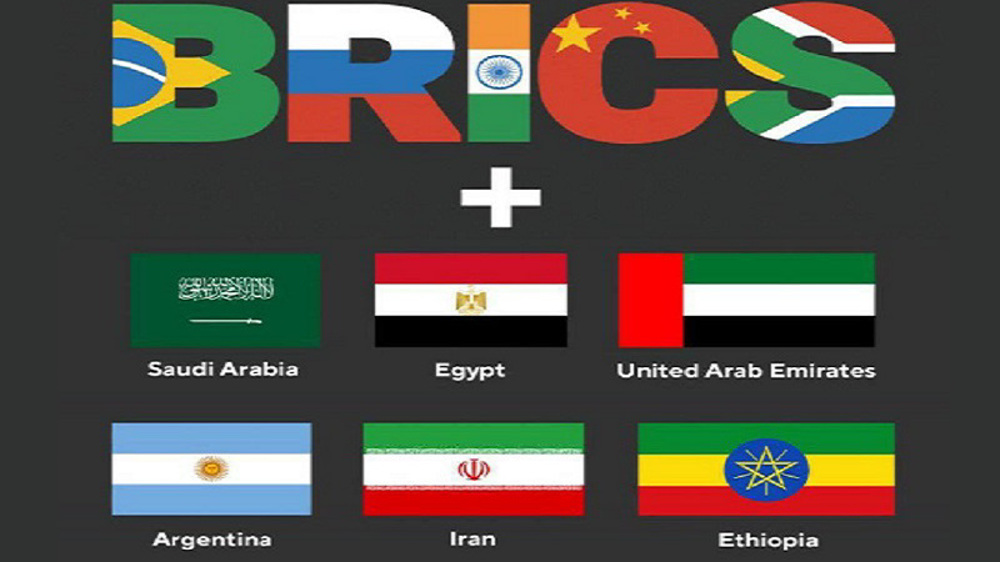
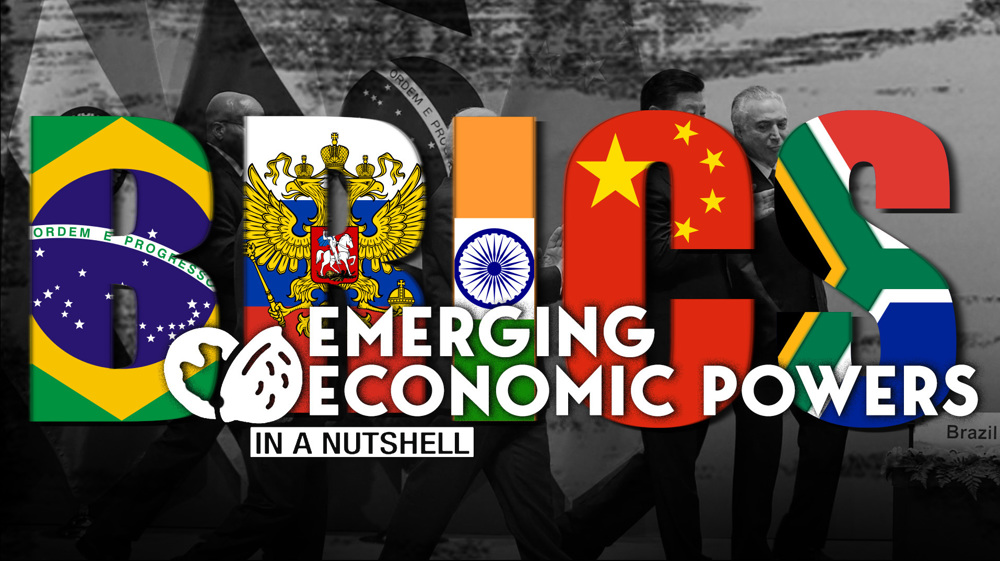
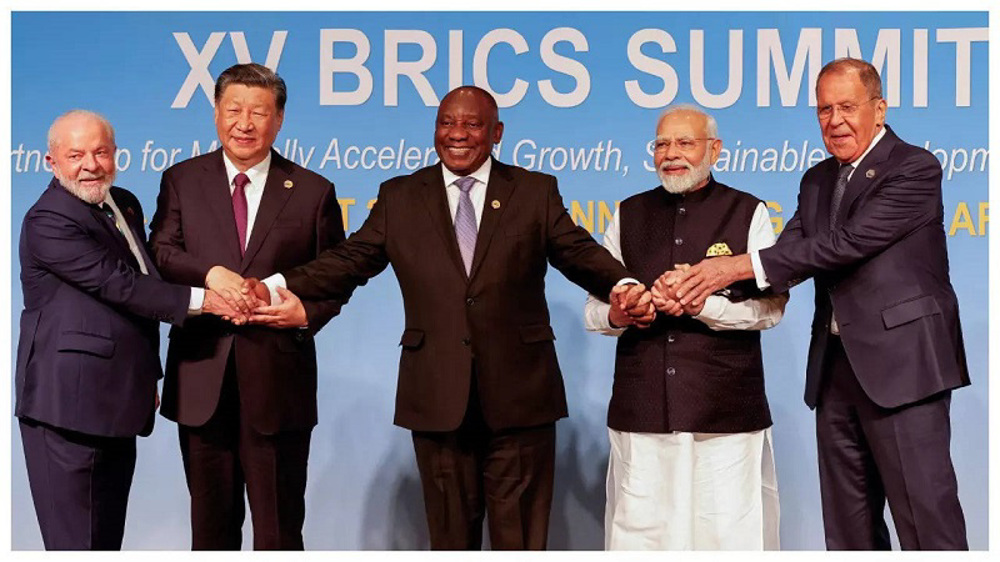
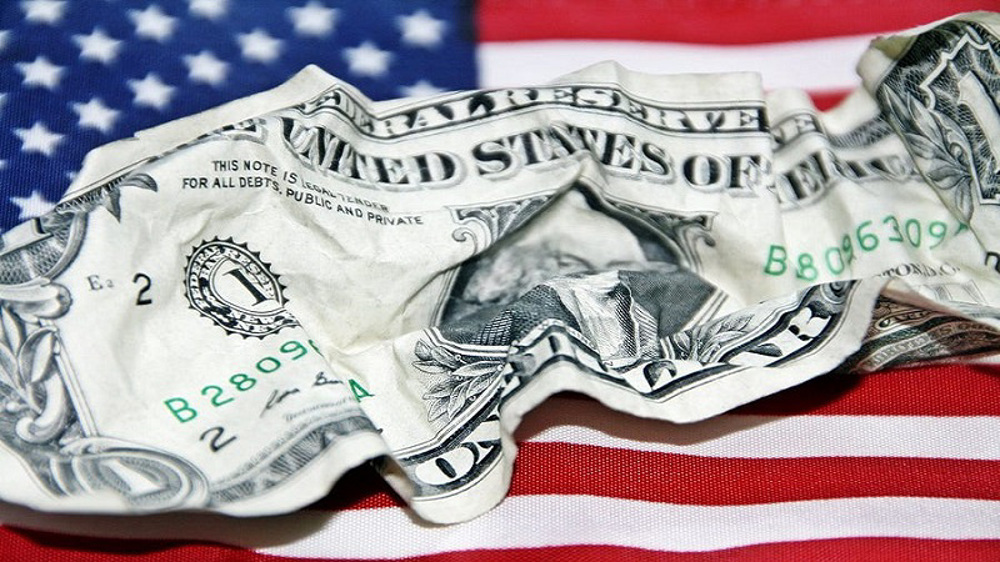
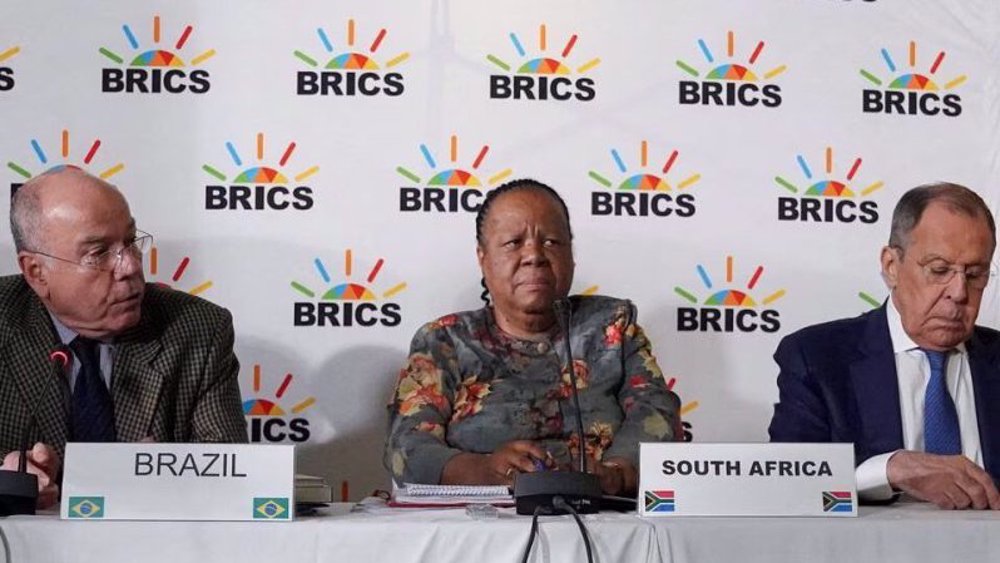

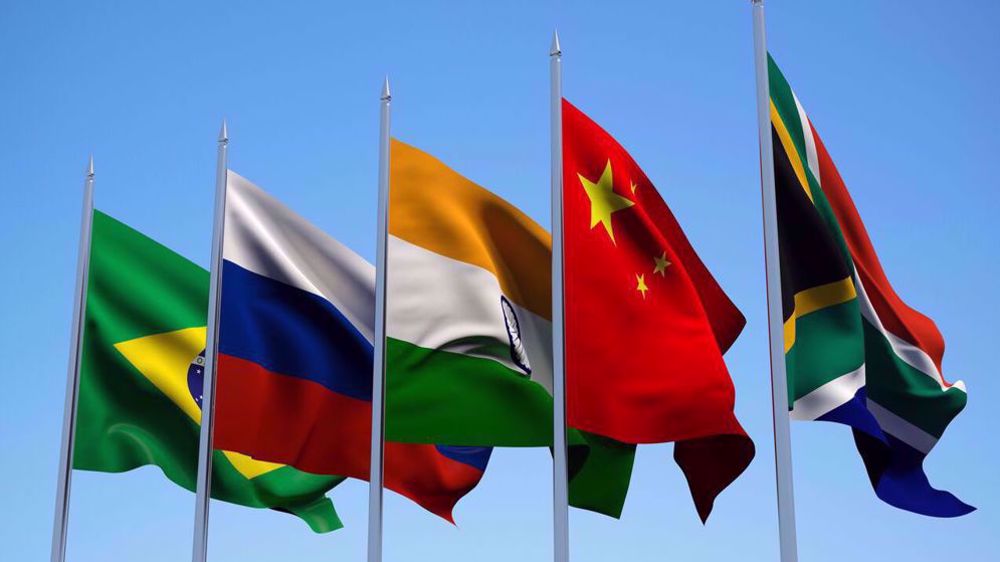
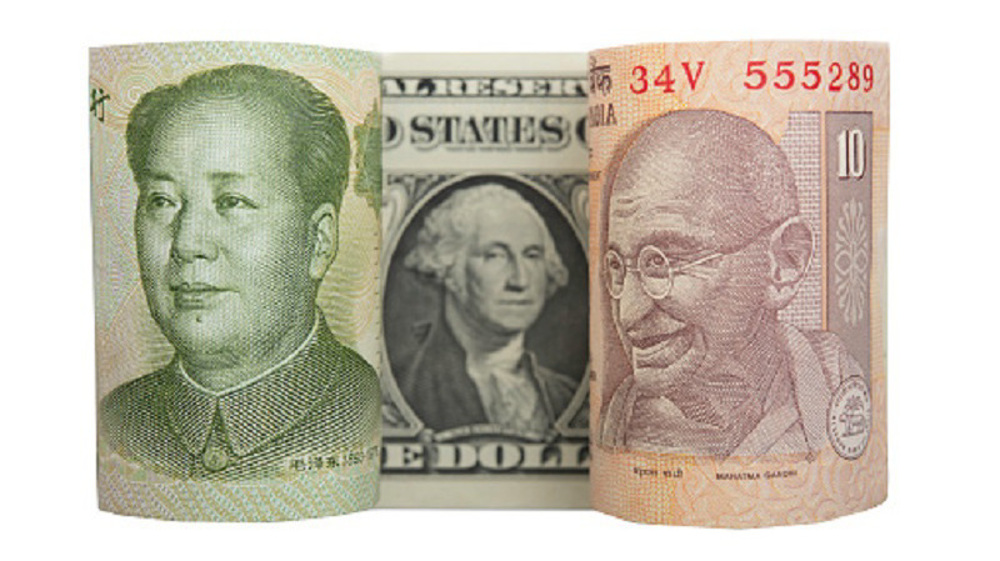



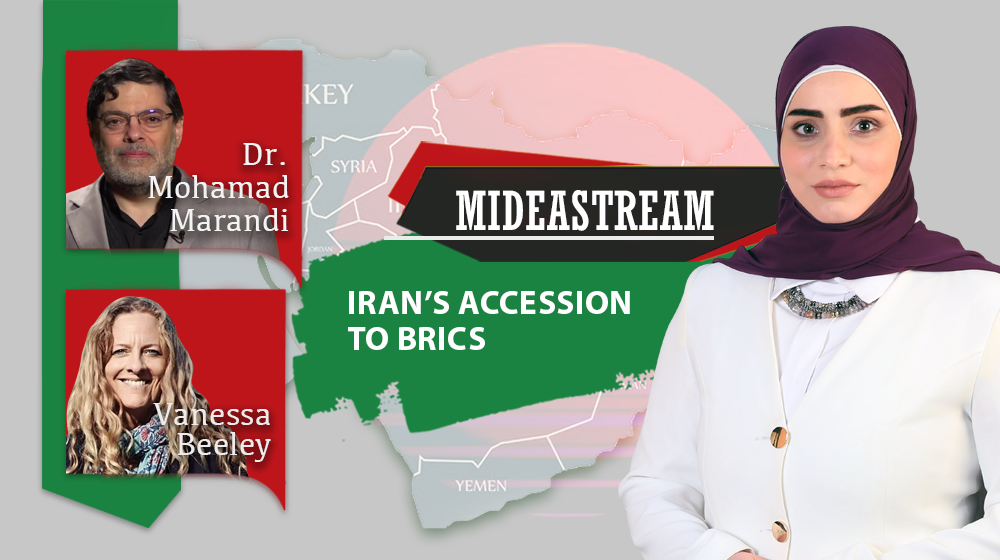
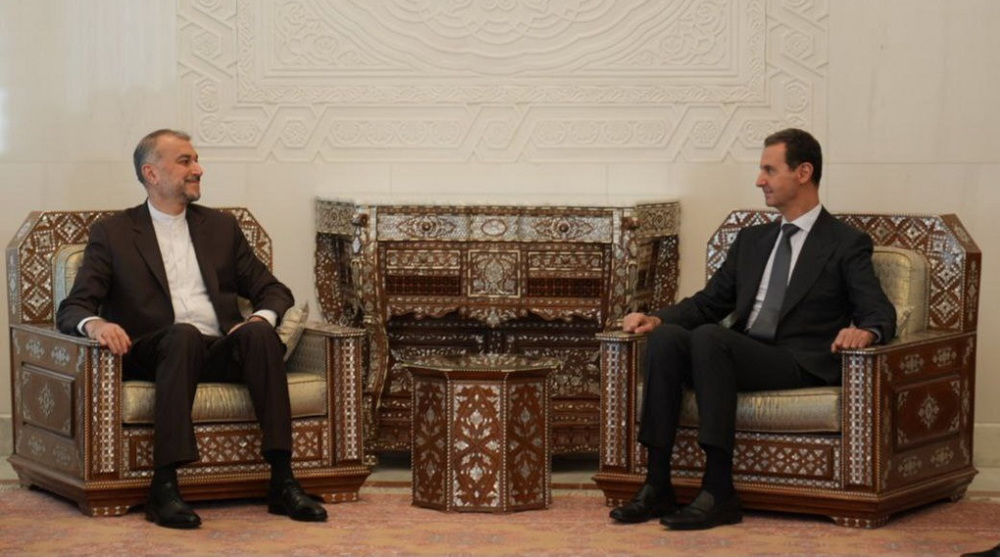
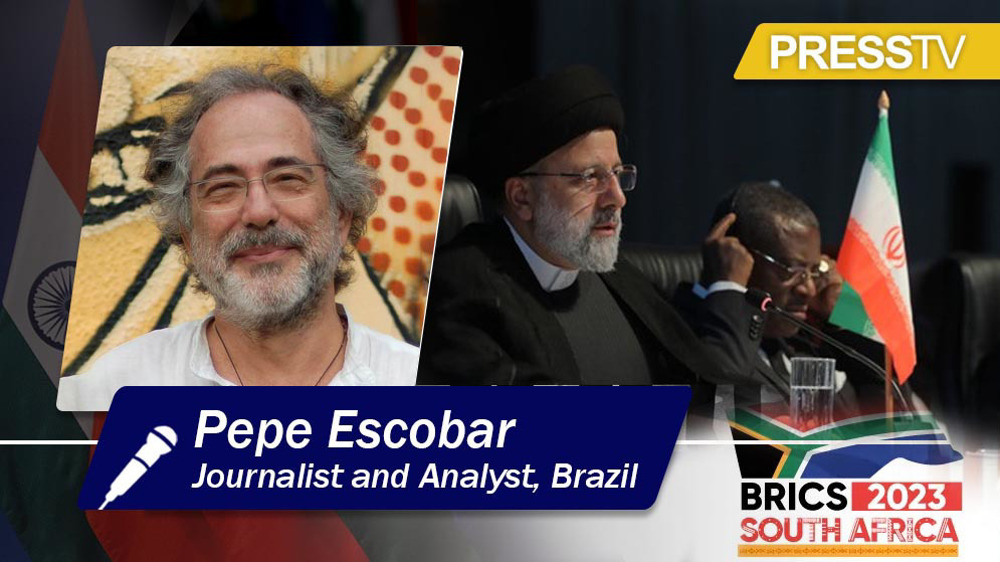
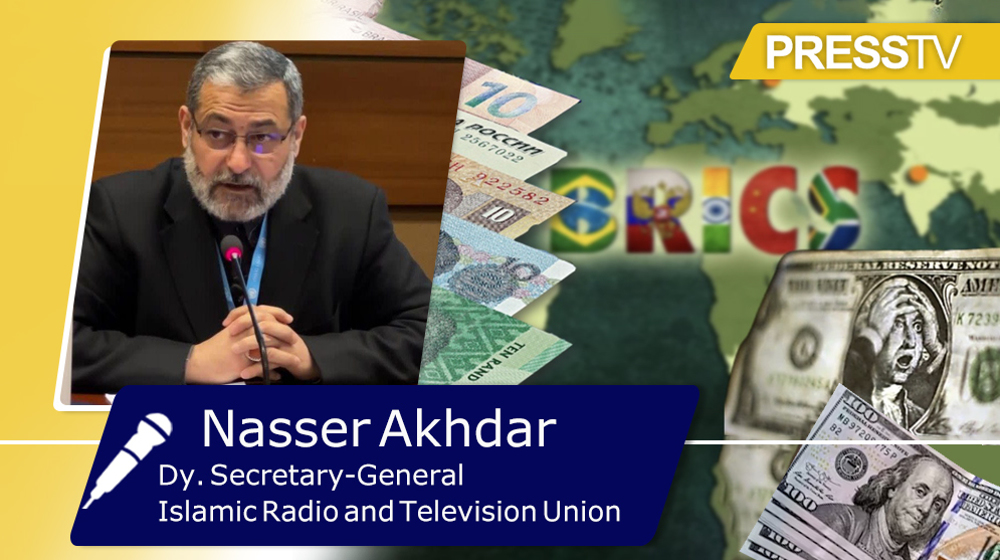
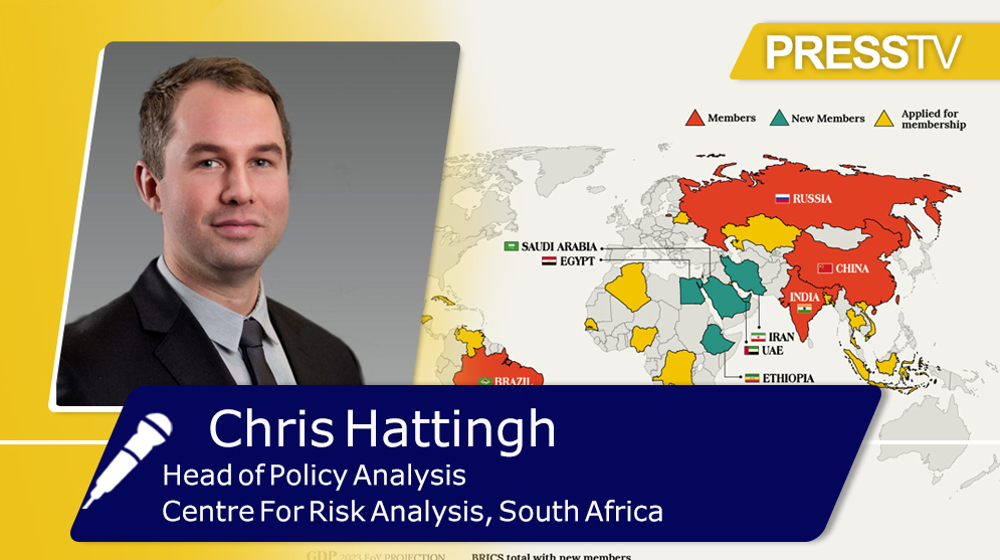
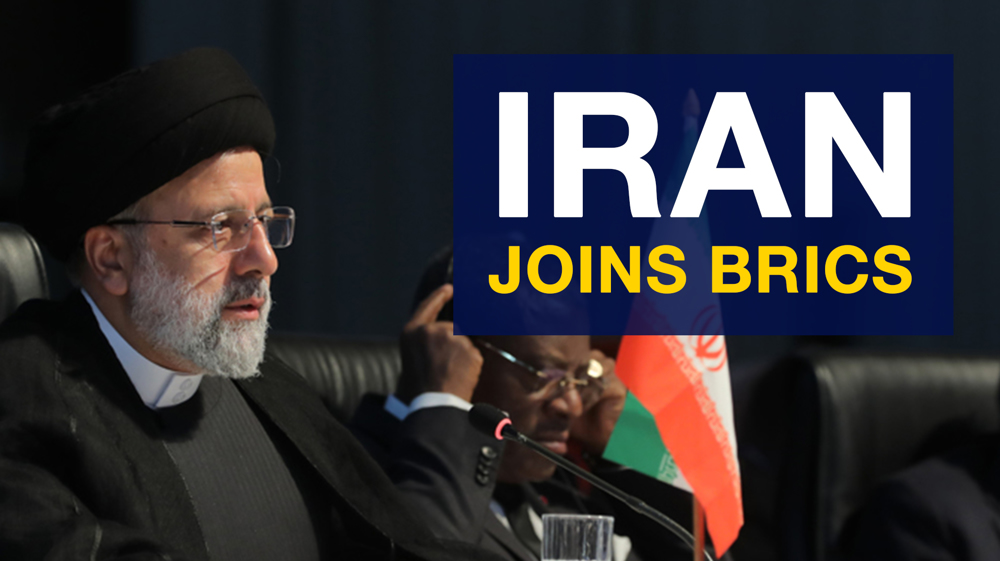
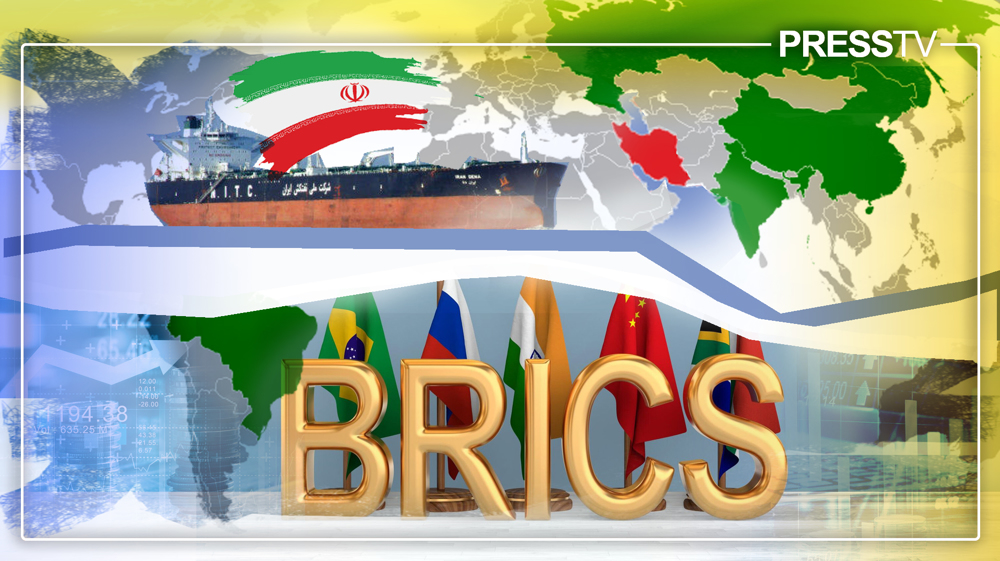
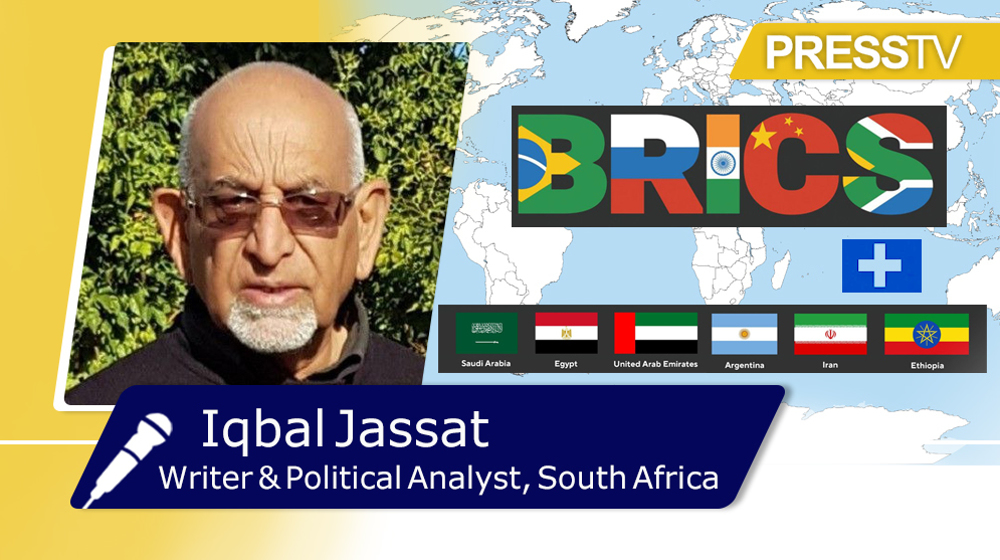

 This makes it easy to access the Press TV website
This makes it easy to access the Press TV website